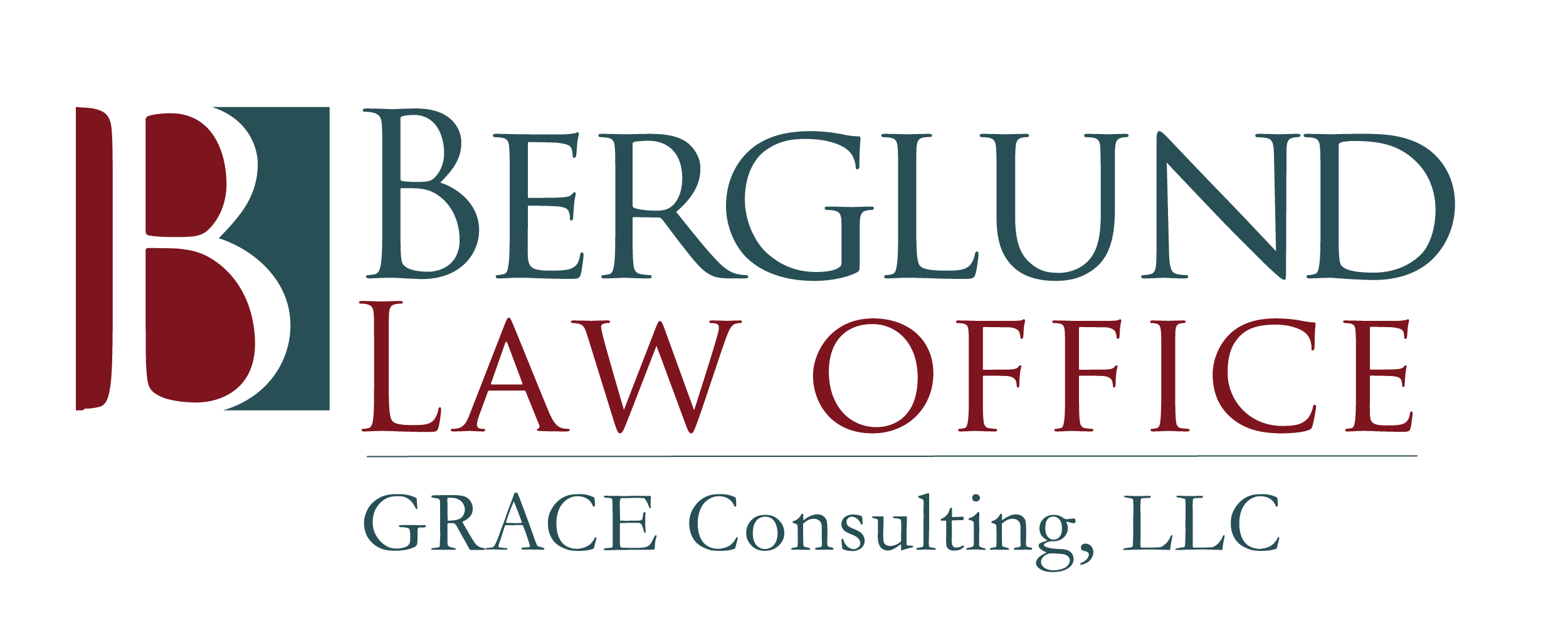
THE DIFFERENT WAYS WE OWN PROPERTY
Probate is only required for the property owned in your own name when you die. If you own property jointly with someone else, you may or may not need the intervention of the probate court.
If you have established beneficiaries for property you own- such as a life insurance policy or a retirement account, you probably will not need the probate court to effectively transfer this property to its new owner when you pass away.

THE DIFFERENT WAYS WE OWN PROPERTY
Probate is only required for the property owned in your own name when you die. If you own property jointly with someone else, you may or may not need the intervention of the probate court.
If you have established beneficiaries for property you own- such as a life insurance policy or a retirement account, you probably will not need the probate court to effectively transfer this property to its new owner when you pass away.
JOINT OWNERSHIP ARRANGEMENTS “JOINT TENANCY”
Joint ownership arrangements “Joint tenancy”: If you own property jointly (and equally) with another person, the survivor will automatically own the entire property. Upon the death of one joint tenant, the survivor becomes the sole owner.
This type of ownership is called joint tenancy with rights of survivorship (JTWRS). A JTWRS arrangement between spouses is known as tenancy by the entirety in certain states. A number of states have a form of joint ownership known as “community property”.
“TENANCY IN COMMON”
“Tenancy in common”: Another common type of joint ownership called “tenancy in common”. For property owned as tenants in common, there is no right of survivorship. Property held as tenancy in common will not pass to a joint owner automatically. Instead, the you can leave your interest in the property to your heirs in your will.

ADVANTAGES OF JOINT OWNERSHIP ARRANGEMENTS
You may find joint ownership arrangements are useful and convenient with some types of property. Joint ownership may NOT, however, be desirable with all of your property.
For example, having a joint checking account ensures that, upon your death, an heir will have immediate access to needed cash. Owning an out-of-state residence jointly (e.g., a vacation home) can avoid needing to have an ancillary probate action filed in that state. But it may NOT be practical to own property jointly where frequent transactions are involved (e.g., your investment portfolio or business assets) because you may need the joint owner’s approval and signature for each transaction.
There are some other disadvantages to joint ownership arrangements, including:
- your co-owner has immediate access to your property,
- naming someone who is not your spouse as co-owner may trigger gift tax consequences, and
- if the co-owner has debt problems, creditors may go after the co-owner’s share.
Caution: Unlike with most other types of property, a co-owner of your checking or savings account can withdraw the entire balance without your knowledge or consent.
